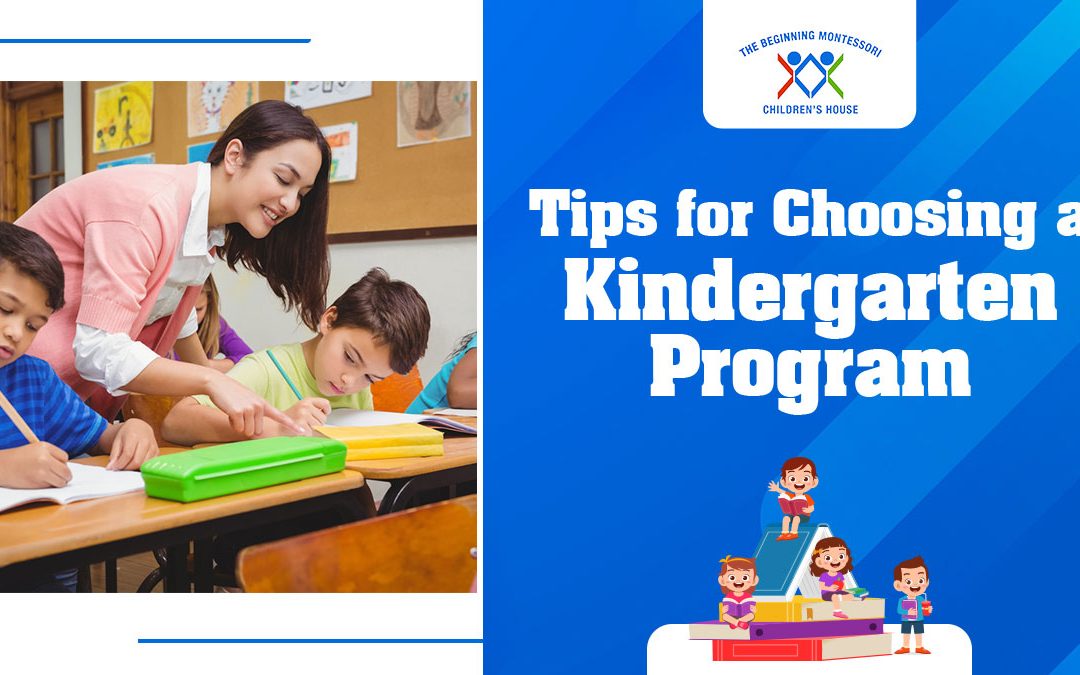What do you want from your child?
Want your toddler to get their hands dirty and experience things up close? Do you need a streamlined and rigorous learning approach, or do you need a more flexible and growing approach as your students learn? And do you believe in learning through collaboration and group work, or does your child work better alone? Learn school philosophy and use it to imagine your child being a student there.
Consider the entire school community.
When you are looking for a suitable kindergarten program, it’s tempting to focus on the teacher, but it’s essential to look at the entire school and see if it feels like a “home” to your child. You choose a school, not just a teacher. It’s great to love your child’s kindergarten teacher. And I’m looking forward to the following.
Find an enthusiastic and inspiring teacher.
The most significant impact on your child (except yourself) is the teachers they interact with, so watch them act. If you are looking for a perfect environment that encourages students to think creatively, look for a teacher who thinks creatively. Ask questions about teacher professional development. When schools are committed to developing teachers, you can be confident that those teachers are doing their best for their students.
Remember: Learning should be fun!
The school is excellent. Learning is great. It’s great to be with friends and teachers who care about you. Consider the following when attending a class: Are the children happy and also involved? When your children feel the joy of learning, everything else falls into place.
Find a well-balanced curriculum.
A good program has the breadth and time to explore. Find a school with a strong social/emotional program and a teacher who will help children communicate, solve problems, and make time for academic learning and working together as a class community. When a child is preparing to become an active part of the world, the importance of a balanced upbringing focused on the child as a whole is paramount.
Note the size of the class.
A small class size means the difference between a good school experience and a great school experience. In small classes, teachers can take care of each student several times daily. Teachers can tailor the curriculum to the needs of each student. Students are more likely to remain involved academically and socially. The importance of class size cannot be exaggerated.
Talk to the parents.
Parents are a great resource when investigating a school. Why did they choose a school? What do you expect from parental involvement? What do you think is great? Parents usually have relevant information and are willing to share their views.
See daily timetables and after-school/after-school programs.
First find a program that meets your child’s needs for movement, exploration, and exercise both inside and outside the classroom. At the kindergarten level, developmentally appropriate playtime is essential, with at least one hour of unstructured but monitored playtime (or more) ideal. Many schools offer after-school enhancement programs that can improve the overall experience.
Find out about the school’s policy of helping children ahead and those with special needs. Students are a heterogeneous group. The classroom is full of students working at different levels. It is essential to find a school that actively constitutes teaching and teaching time, focusing on individualized teaching methods.


